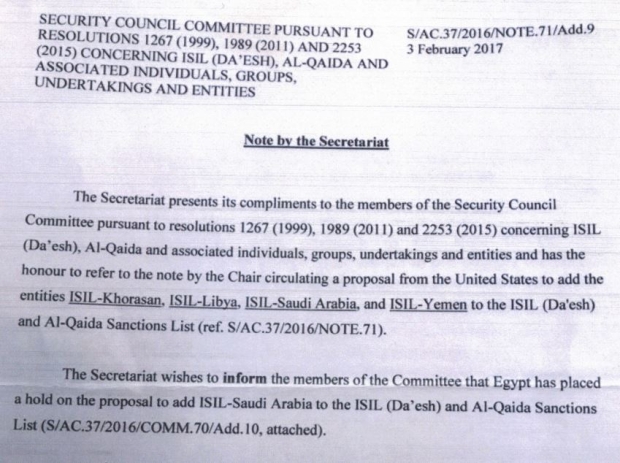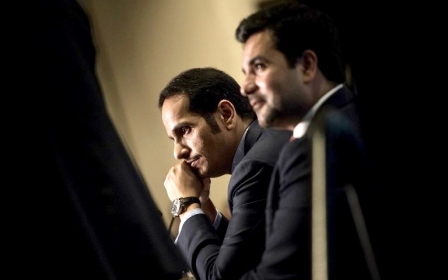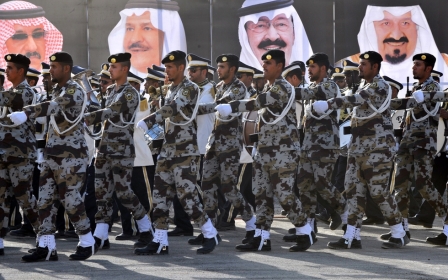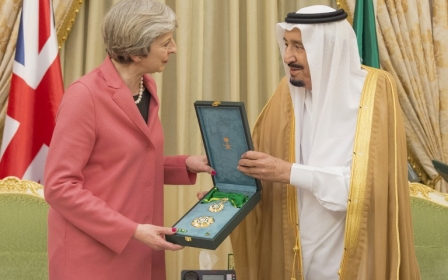Egypt blocked UN sanctions against Saudi branch of Islamic State
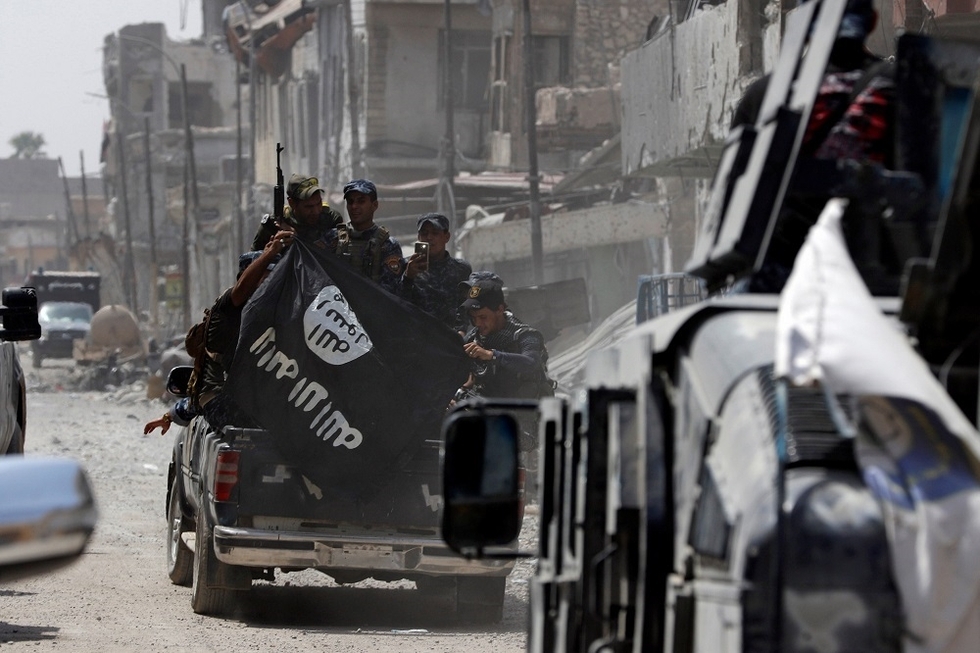
Egypt led a concerted effort to prevent the Saudi Arabian branch of the Islamic State (IS) group being added to a UN terrorism sanctions list, in what has been described as a "classic case" of Riyadh and its allies keeping its security problems away from prying eyes.
The US had proposed that four IS affiliates in Saudi Arabia, Yemen, Libya, and Afghanistan-Pakistan be added to the UN list of sanctioned groups and individuals.
According to documents obtained by Middle East Eye, Egypt, currently a non-permanent member of the UN Security Council, expressed on 3 February that it wished for the UN to "put on hold… the proposal of the United States of America to add ISIL-Saudi Arabia" to the sanctions list.
Three months later, Egypt’s delegation formally objected to the inclusion of the Saudi branch – which appears to have resulted in the scrapping of the US proposal entirely.
Egypt did not have to provide any justification for objecting to the inclusion of the Saudi IS affiliate, a UN source said.
A second non-permanent member, Senegal, backed the Egyptian objection in May.
The concerted efforts by Egypt are revealed as Cairo, Saudi Arabia, the UAE and Bahrain, impose a blockade on Qatar for alleged support of "terrorists" - a charge Doha denies.
Madawi al-Rasheed, a visiting professor at the Middle East Centre at LSE, told Middle East Eye that Egypt was executing a "classic" manoeuvre to keep its ally Riyadh from scrutiny.
"This is a classic case of Saudi Arabia not wanting to draw attention to its own terrorism problems," she said.
"Saudi Arabia announces lists of terrorist groups abroad or associated with other countries. But they are in denial," Rasheed said.
Were the Saudi branch of IS to be sanctioned by the UN, Rasheed said, the government would "have to deal with the problem".
They would have to "go after operatives or activists associated, and freeze bank accounts… they have to round them up, and do something.
"It exposes them internationally that Saudi Arabia have IS operatives. When of course they have, and everyone knows they have.
"If Saudi Arabia did ask Egypt to act on their behalf, then this goes against what they are both pushing for," Rasheed said, in reference to their blockade on Qatar.
The US already designated IS’s branch in Saudi Arabia as "specially designated global terrorists," in early 2016, alongside its branches in Libya and Yemen.
Increased scrutiny
But a UN designation would subject the group to increased scrutiny, Rasheed said. "Once it is listed by the UN, then there are legal implications."
As the UN committee charged with overseeing the sanctions list stipulates: "States are required to impose the measures upon al-Qaeda or ISIL (Daesh) and other individuals, groups, undertakings and entities associated with them."
The Islamic State group in 2014 announced a separate Saudi province, seeking to overthrow the monarchy there, and has claimed several attacks in Saudi Arabia over the last few years including several attacks on mosques in 2015, which killed dozens.
Riyadh is keen to stress it has tackled extremism, when in fact, Rasheed said, they had largely pushed the problem to Yemen, where AQAP, the local branch of al-Qaeda, is making the most of the ongoing war there, largely waged by Saudi Arabia against Houthi rebels.
"They claim they have got rid of al-Qaeda, but they have just passed on to Yemen," Rasheed added.
AQAP, and AQIM, its affiliate in Algeria, are among those entities already on the UN sanctions list.
Egypt and Senegal will lose their seats on the Security Council later this year. A spokesman for the US State Department declined to comment on whether it would renew its push after the terms expire.
The committee was created in late 2015 as an expansion of the al-Qaeda sanctions committee, becoming the "ISIL (Daesh) and al-Qaeda Sanctions Committee", mandated by UN Resolution 2253.
Those on the list have to be shown to have participated in "the financing, planning, facilitating, preparing, or perpetrating of acts or activities by, in conjunction with, under the name of, on behalf of, or in support of" IS or al-Qaeda; supplied or sold arms to the groups, or recruited for them.
Any UN member state can propose that an individual or group be added to the sanctioned list, which would then subject said party to an assets freeze, a travel ban and an arms embargo.
The UN committee, which includes all 15 members of the Security Council, then makes its decision by consensus.
Speaking in May, a Saudi official told the Washington Post: "You can't equate ISIS in the kingdom with ISIS in Syria and Iraq."
"There is no 'Islamic State in Saudi Arabia' just as there is no 'Islamic State in Britain' or 'Islamic State in France.' In those countries there are terrorist cells, but they don't control infrastructure."
New MEE newsletter: Jerusalem Dispatch
Sign up to get the latest insights and analysis on Israel-Palestine, alongside Turkey Unpacked and other MEE newsletters
Middle East Eye delivers independent and unrivalled coverage and analysis of the Middle East, North Africa and beyond. To learn more about republishing this content and the associated fees, please fill out this form. More about MEE can be found here.


